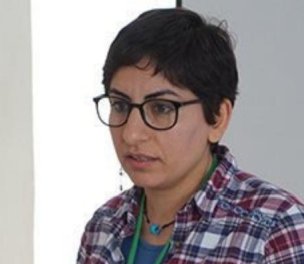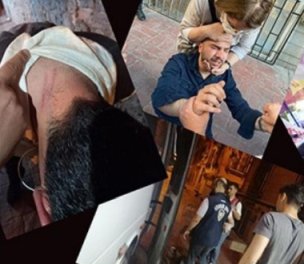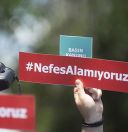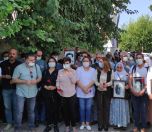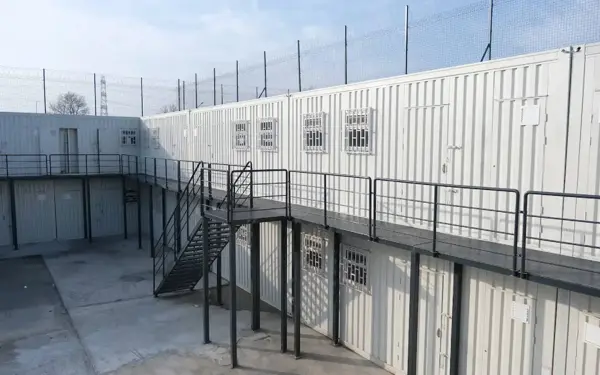Click to read the article in Turkish / Kurdish
"It is hard to be a journalist in Diyarbakır," said Hakkı Boltan in 2016,"There is an attack against journalism and journalists here."
Six years passed since then.Today, 20 journalists and a media employee have been kept in custody for days. Moreover, this is not the first operation against journalists during all these years. Including the journalists reporting on the villagers who were thrown from a helicopter by soldiers, dozens of journalists were detained, prosecuted, and arrested.
Hakkı Boltan is one of the targetted journalists. His house was raided in the middle of the night and his was prosecuted for "insulting the president."
Detainments are directly related to the government's policy
"This is not the first time and will not be the last," said Boltan regarding the latest detentions of the journalist in Diyarbakır.
According to him, the detainments are an attack against journalism but it is especially an attack against the Kurdish press.
"The government has some plans," he said, "Whenever there is such a mass attack against the Kurdish press, there is an interest in the background. Roboski, the siege, the cross-border operation, the elections... This is an attempt to silence us and this is directly related to the government's policies."
"Today's detentions are also a precursor to something they will do in the future." said Boltan,"The detentions are about something that the governments want to hide from the public."
What protects us is journalism
Boltan said that he is concerned for his life.
"We are threatened; our families are threatened. Our friends are blacklisted, we are blacklisted. On the one hand, we are struggling financially."
"We never go to bed in peace at night. We always go our homes in fear. We leave our homes in fear. But we are aware that fear will not protect us but what protects us is journalism."
"A journalist in Diyarbakır is taking all these risks and insists on journalism despite he/she knows that there is the possibility of detainment or arrest."
"Journalism is a must in this region. People are aware that there is no life without journalism. They know that freedom and rights are directly connected to the press. The government does not understand that."
"The government acts as if one day it will be able to silence us but this is wrong."
Mehmet Ali Birand and Ape Musa
After the mass Kurdistan Communities Union (KCK) operations in 2011 a renowned journalist Mehmet Ali Birand stated the following in his column:
"35 journalists were taken in as part of the KCK arrests. Most of these colleagues were working in media outlets such as DİHA and Özgür Gündem. They voiced their outcry in the letters they published. However, no one cares. None of these journalists have participated in terror activities. None of these journalists carried a gun, pulled a trigger, or killed anyone. These journalists reflected their ideas. Yes, they took sides in the Kurdish issue. Yes, they reflected views that we did not share."
Boltan also criticized the mainstream media's position today referring to Birand's statements in 2011.
"When it comes to Kurdish journalists our colleagues take aside by the government's position. This helps the government to attack more easily the Kurdish journalists."
"This was always like that in the past. However, I see a difference now. There was a petition yesterday (June 13) signed by 837 journalists and 62 institutions. There were also supports and calls internationally."
"This shows that the world public opinion is aware of the situation and what government claims such as 'we are capturing the terrorists and putting them in prison' is not true."
"Ape Musa (Musa Anter) is a role model for us. We follow his philosophy of journalism. Anyone you meet will say 'I follow Ape Musa's path' That is why we are the real journalists like Mehmet Ali Birand said."
About Ape Musa Ape Musa( Musa Anter) is a renowned Kurdish author, journalist and activist and an important figure for the Kurdish press. He was assassinated in the southeastern Diyarbakır city in 1992. Throughout his life, Anter wrote for various Kurdish media outlets like İleri Yurt, Dicle-Fırat, Barış Dünyası, Deng, Yön, Azadiye Welat, Yeni Ülke, Özgür Gündem, Rewşen and Tewlo. He also published seven books and one Kurdish-Turkish Dictionary. |
CLICK - Detained journalists: Fabrication of evidence might be taking place
CLICK - Support for detained journalists from Germany and Switzerland
(HA/TB)





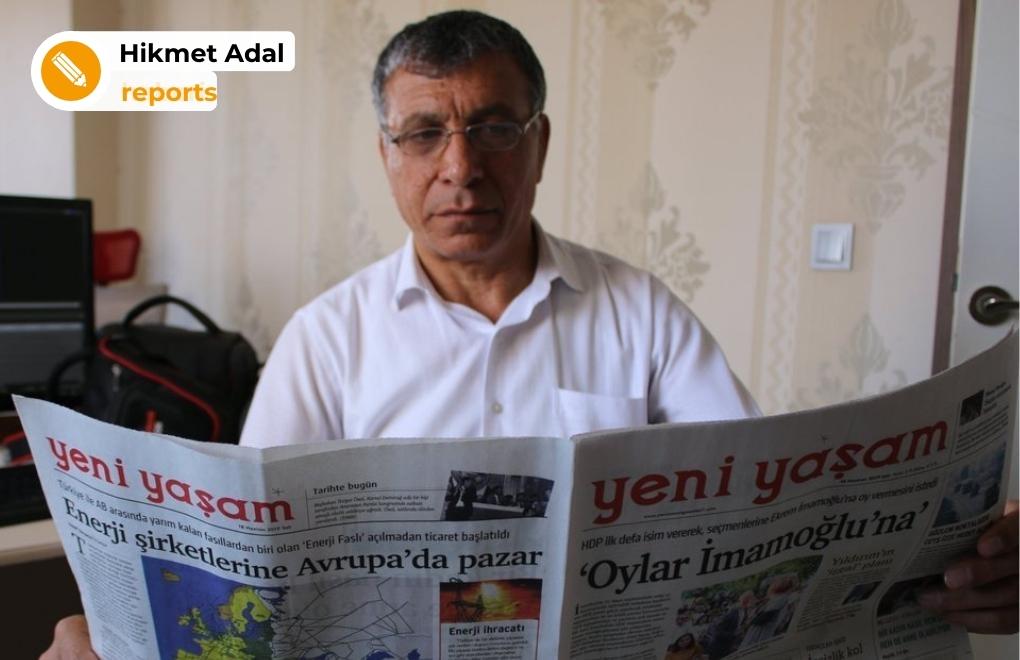
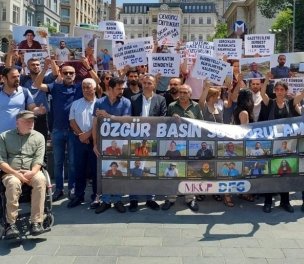
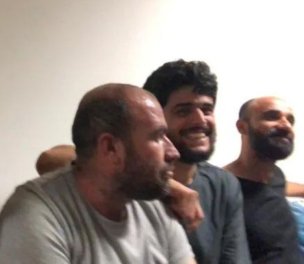
as.jpg)
